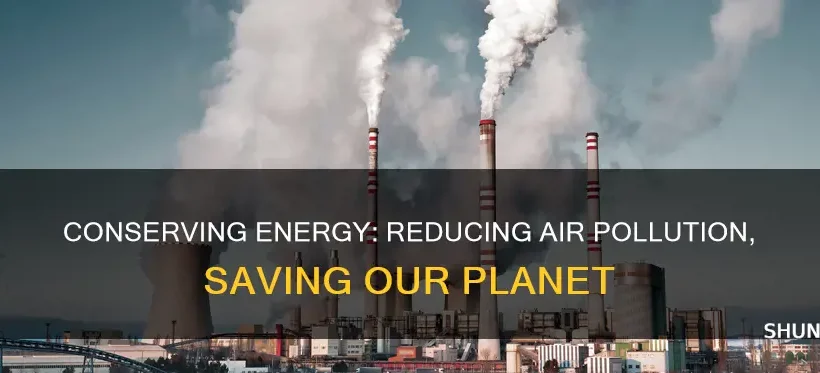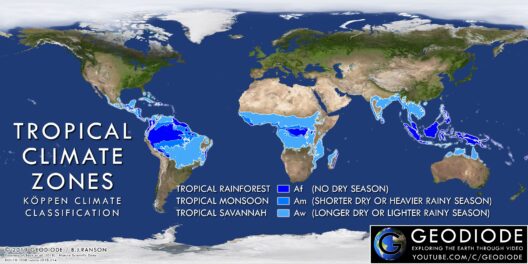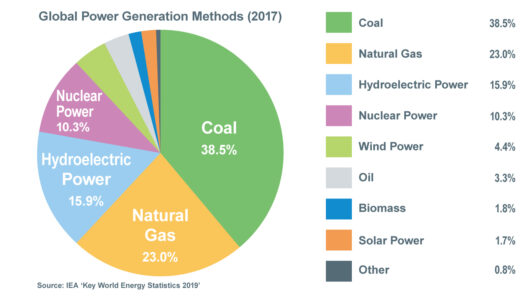Energy consumption lies at the heart of modern civilization, fueling everything from industrial production to household appliances. However, the toll it takes on our environment, particularly in the form of air pollution, is immense. Conserving energy emerges as a viable strategy not only to mitigate resource depletion but also to address the pernicious issue of air quality. To comprehend the intricate relationship between energy conservation and air pollution reduction, it is essential to explore various dimensions, including the sources of air pollution, the benefits of energy conservation, and the broader implications for public health and ecological stability.
Air pollution is a multi-faceted phenomenon, predominantly stemming from human activities. The combustion of fossil fuels—such as coal, oil, and natural gas—represents a primary source of pollutants that deteriorate air quality. These activities release a plethora of harmful substances including nitrogen oxides, sulfur dioxides, particulate matter, and volatile organic compounds into the atmosphere. Each of these pollutants carries its own set of hazards, contributing not only to climate change through increased greenhouse gas emissions but also to respiratory and cardiovascular diseases in humans.
When energy conservation measures are implemented, the demand for fossil fuels decreases. This reduction subsequently leads to less burning of these fuels, which is a direct contributor to lower levels of air pollution. For instance, when individuals opt for energy-efficient appliances or reduce excessive electricity usage, they help to diminish the overall demand for electricity. In turn, power plants, many of which still rely on fossil fuels, produce fewer emissions. This ripple effect underscores how individual actions, while seemingly mundane in isolation, can collectively lead to significant improvements in air quality.
Moreover, the transition to renewable energy sources plays a pivotal role in the discourse surrounding energy conservation. Unlike their fossil counterparts, renewables such as wind, solar, and hydroelectric power produce little to no air pollutants during operation. Thus, enhancing energy efficiency not only minimizes reliance on fossil fuels but also catalyzes a shift towards more sustainable energy options. By conserving energy, society can more readily adopt and integrate these cleaner alternatives into the energy grid, paving the way for a cleaner and healthier atmosphere.
The benefits of conserving energy extend beyond mere emissions reductions. Improved air quality due to decreased reliance on polluting energy sources has sweeping implications for public health. The World Health Organization has documented the staggering toll that air pollution takes on human health, claiming millions of premature deaths annually as a direct result of exposure to polluted air. The institutions of health and environmental science illustrate that cleaner air can lead to decreased rates of asthma, cardiovascular diseases, and other pollution-related ailments. Consequently, energy conservation efforts translate not only into environmental benefits but also into formidable enhancements in population health and quality of life.
Additionally, the economic ramifications of air pollution are profound. Communities often bear the invisible costs associated with poor air quality, which can manifest as increased healthcare expenditures and diminished workforce productivity. By conserving energy and thus reducing air pollution, individuals can indirectly contribute to the economic vitality of their regions. Cleaner air can lead to lower healthcare costs and fewer sick days, which in turn fosters a more robust economy. This interconnection underscores the importance of viewing air quality improvement as not solely an environmental issue but also a fundamentally economic one.
Educating the public about energy conservation and its subsequent benefits is vital. Awareness campaigns and initiatives, whether at the community level or through larger governmental programs, can galvanize societies towards implementing energy-saving practices. Simple actions, such as using public transport, biking, or incorporating energy-efficient lighting in homes, can inspire a collective ethos of sustainability. Furthermore, developing policies that incentivize energy conservation efforts, such as tax rebates for energy-efficient appliances or subsidies for renewable energy installations, can significantly accelerate progress.
In addition to grassroots initiatives, large-scale investments in technology and infrastructure are essential. The modernization of electrical grids to accommodate distributed energy resources, battery storage, and smart technologies not only enhances energy efficiency but also propels society toward a decarbonized future. Grid optimization can reduce energy waste, making it easier for consumers to adopt energy-efficient practices and directly influencing air quality through reduced emissions.
The interplay between conserving energy and reducing air pollution elucidates a broader narrative about the future of environmental stewardship. As the implications of climate change become increasingly dire, the urgency for actionable solutions grows. Conserving energy presents a paradox of simplicity and complexity—while it often requires individual behavioral changes, it necessitates systemic transformations in how societies structure their energy consumption and production methodologies.
In conclusion, conserving energy is not merely a personal responsibility; it is a fundamental pillar of environmental activism that seeks to mitigate air pollution for the benefit of both current and future generations. Through collective efforts and awareness, society can forge a pathway toward cleaner air, improved public health, and a more sustainable planet. The cascading effects of energy conservation are profound, touching upon economic stability, health equity, and ecological integrity—all of which underscore the necessity of prioritizing energy efficiency as a cornerstone of environmental policy. The call to conserve energy resonates well beyond individual actions, encompassing a broader vision for holistic environmental stewardship and sustainable living.







